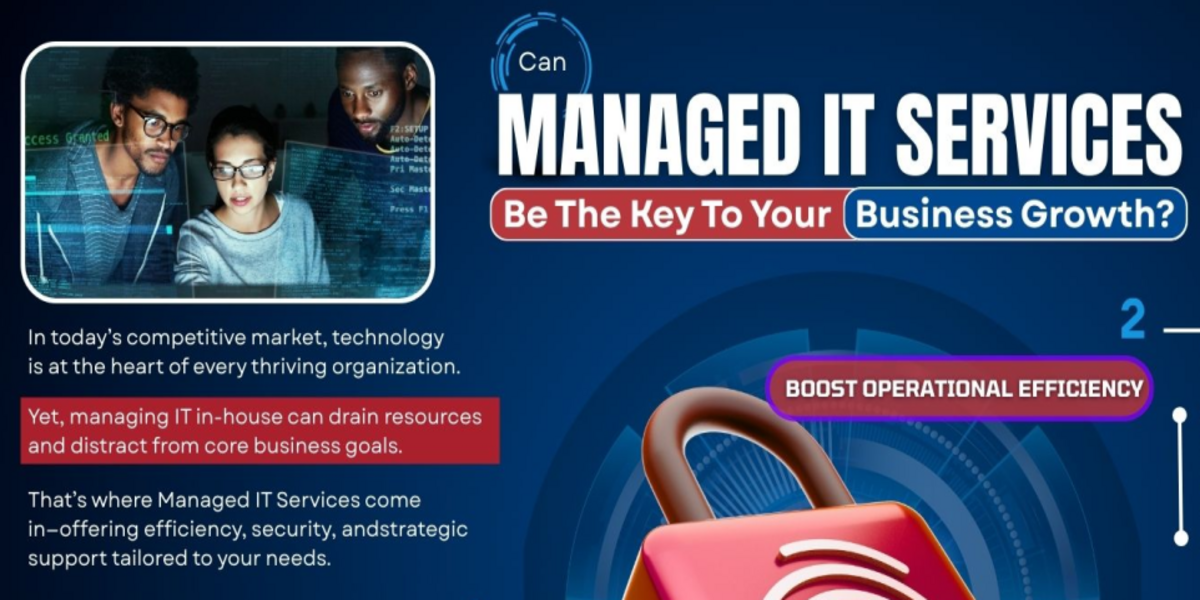One of the most effective approaches for development and success in the supply chain is building and maintaining supplier relationships based on trust and transparency. Relationships have grown for some businesses as both sides collaborated to react successfully to risk mitigation.
Starting a company takes hard work and preparation; you can browse our business management solutions. As a business owner, you continuously search for ways to streamline existing processes and improve your company while staying competitive.
As a company takes shape and structure, owners must explore a range of important decisions, such as where to source goods or materials while getting the most value for their money.
Supplier Cost
The most obvious – but equally necessary – aspect to consider while seeking new suppliers is cost.
You will, of course, have a number in mind since you will be aware of the things you are searching for and the amount that you are ready to spend on them. The costs charged by different suppliers might vary, so it is essential to look around at several different options and choose which one provides the most reasonable value.
For instance, some suppliers may provide price reductions for purchases made in bulk, while others may compensate for higher prices by providing higher quality items.
Before settling on the most affordable provider, you need to consider all the possibilities regarding cost and pricing.
Product Quality
Regardless of your sector, the quality of the raw materials you purchase to maintain a functioning production line will substantially affect your bottom line.
For instance, low material quality will be reflected adversely on the finished product, which will eventually negatively influence the satisfaction of customers and the reputation of the business.
The materials you purchase may be subject to various rules, mainly if you buy chemicals or other hazardous materials for manufacturing, especially if the materials are being purchased internationally.
Before entering any contracts with a new supplier, it is essential to do a comprehensive assessment of the quality of their products.
As a business owner, you must make sure that the supplier you pick has the skills and an outstanding track record of providing companies with the quality of products that are needed and that customers require.
Reliability
Remember that you’re getting into a long-term partnership with a strategic supplier when you choose a supplier. It is pretty similar to recruiting a new employee; you must check their references.
It is well-understood that you would want to hear from businesses that have worked with strategic suppliers in the past. They can give you an unbiased appraisal of what the partnership was like and list any positive or negative things that occurred due to the working relationship.
When choosing between two different suppliers, asking for recommendations may be a game-changer in determining which one to go with.
The quality of the supplier you choose will immediately reflect on your company. If they are two weeks late in sending over a batch of items, the client who placed the order for those products will point the finger of blame at you, not your supplier.
So, it is best to consider these factors before signing up with a supplier.
Compatibility
When picking a supplier from a list of potential suppliers, it is essential to consider whether the organization’s culture and beliefs are compatible with one another and how straightforward communication is.
In an era centered on the customer, people look for businesses that reflect their ideals, values, and ethical standards.
Successful brands need to be conscious of the principles and ideals held by the people they want to attract as customers. If a company wants to remain relevant to its clients, it must carefully align itself with those principles.
As a result, if you own a company, you need to cultivate supplier relationships with organizations with cultures, values, and morals similar to your own.
Stronger connections with your strategic suppliers lead to greater satisfaction for your consumers, leading to continued profitability for your company.
Location
One of the things to consider when choosing a supplier is location. If you run a local company that has earned its reputation as an expert in your field, you will want to focus on selecting a supplier based near you and who shares your core beliefs.
On the other side, if you plan to extend your business on a global scale, you may want to seek a strategic supplier located in a more remote location. For instance, if your company is established in the U.S and you want to begin operations in Sweden, it is perfect for forming a partnership with a Swedish supplier.
This is because the Swedish supplier will be more knowledgeable about the applicable business rules and regulations, and they will also be able to ship products more efficiently.
Import & Local Source
It is not always apparent if your company should import things and materials from other countries. Only one answer suits your company’s needs while maintaining its brand image.
Local sourcing is compatible with existing corporate branding. Companies attempting to interact with environmentally concerned customers that want to buy and consume locally.
Importing from international markets is more cost-effective and trustworthy for drop shipping businesses than sourcing locally. Long shipping periods might result in cheaper items from overseas arriving in poor condition. Overall, provided items are in bad condition than those on the local market.
Smaller businesses commonly contract with local suppliers because it helps them network with major regional suppliers and creates a brand while serving local consumers. Plus, local shipping is quicker than international shipping.
Conclusion
Your supplier selection and maintaining the relationship you create with them will substantially influence the quality of your project’s result. Several aspects will influence the course of your project, but the most crucial is that you ask yourself how much you truly know about your supplier and then learn more about how they are likely to handle your project. Choosing a supplier based on the factors mentioned above, or assessing their quality against them, is always a wise starting point.



